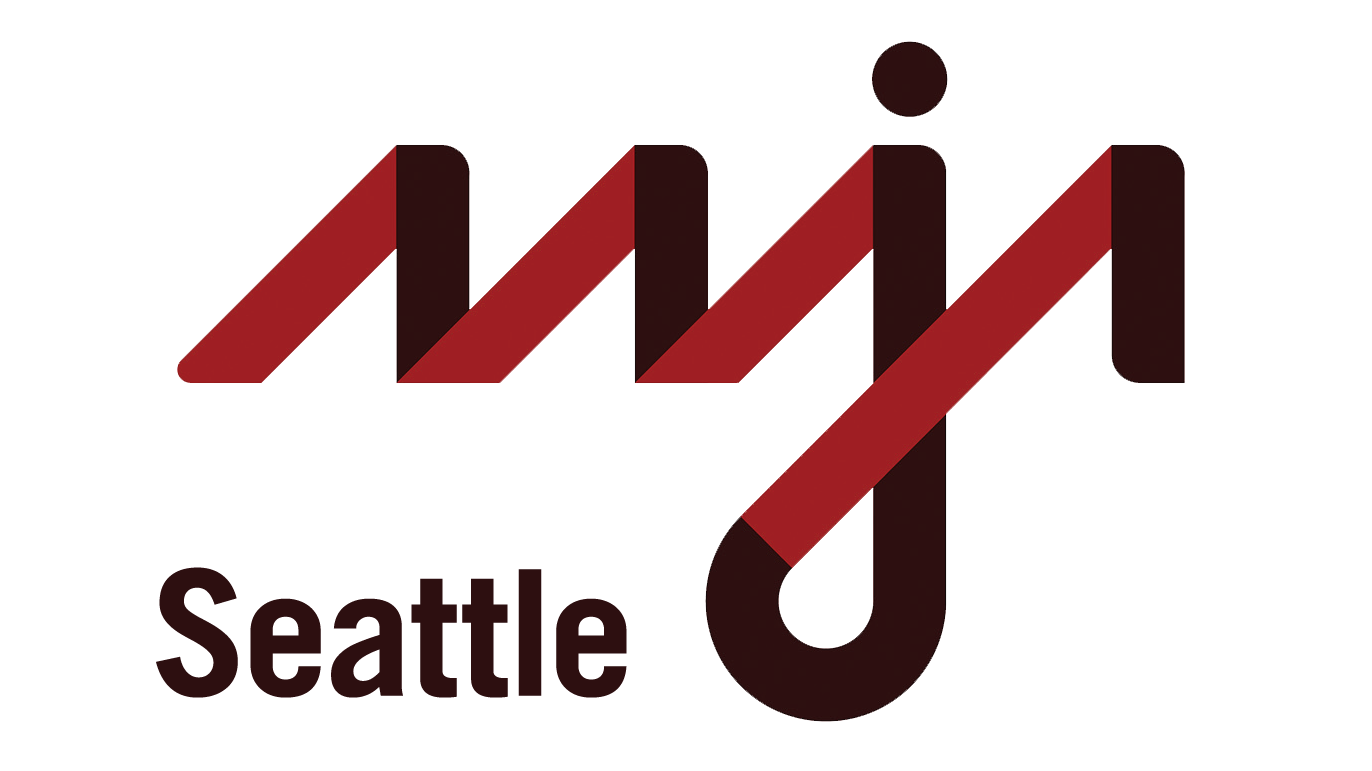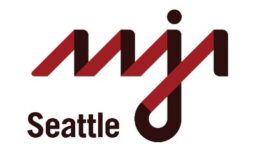AAJA Seattle, SABJ issue joint statement on the P-I
JOINT STATEMENT FROM
SEATTLE ASSOCIATION OF BLACK JOURNALISTS AND
ASIAN AMERICAN JOURNALISTS ASSOCIATION – SEATTLE CHAPTER
published Tuesday, March 17, 2009
The boards of the Seattle Association of Black Journalists (SABJ) and the Seattle chapter of the Asian American Journalists Association (AAJA) express great sadness over The Seattle Post-Intelligencer’s demise after more than 145 years. We applaud the dedication and contributions of the P-I’s journalists and support staff who have served the community.
With today being the P-I’s last print edition, the community is losing the benefit of two competing, award-winning daily newspapers and the talents of more than 160 news professionals. After years of efforts to increase the diversity of city newsrooms so they come closer to reflecting the communities they serve, we mourn the fact that a dozen journalists of color at the P-I will be laid off and likely unable to find similar work in journalism, a troubling trend being repeated across the country as newsrooms downsize.
The Seattle P-I has been a place where journalists of color have honed their skills, built their careers and won professional honors. It has also been a place where some of the country’s top journalists mentored minority students. And the newspaper has offered members of AAJA and SABJ a chance to develop as industry leaders: Two of AAJA’s National officers are among those who are losing their jobs. We appreciate that the staff of the P-I’s online site will include some journalists of color.
Let us also remember that other newspapers could meet the P-I’s fate if current trends continue unchecked. Nationwide, more than 50 daily and weekly newspapers this year have shut down or announced they will soon, and some 33 newspapers have filed for bankruptcy. Newspapers laid off some 15,000 people last year. Major metro newspapers still field the maximum number of news professionals, and their scoops often influence the reports of radio, television and online news outlets — which tend to be even less diverse than newspaper newsrooms.
As Princeton professor Paul Starr recently wrote in The New Republic, “If we take seriously the notion of newspapers as a fourth estate or a fourth branch of government, the end of the age of newspapers implies a change in our political system itself. Newspapers have helped to control corrupt tendencies in both government and business. If we are to avoid a new era of corruption, we are going to have to summon that power in other ways.”
The same day we learned the P-I would print its final edition, The McClatchy Co., which owns The Tacoma News Tribune and The Olympian, announced across-the-board pay cuts and a total of 45 layoffs. And The Seattle Times is fighting for its life, having recently put up property for sale, laid off news staff and asked employees for cuts in pay and benefits.
Both SABJ and AAJA challenge Hearst, McClatchy, The Seattle Times and all other Pacific Northwest media organizations to ensure that diversity remains a core value in their news staffing and through their coverage. We also welcome the civic-mindedness and creativity of this region’s residents in supporting new, sustainable forms of journalism. We will continue to support our members during this difficult time.
We thank The Seattle Post-Intelligencer for a job well done.
-30-
ABOUT SABJ & AAJA:
The Seattle Association of Black Journalists (SABJ) is one of the largest and oldest media organizations in the Pacific Northwest. Our members work in print, online media, radio, television, public relations, advertising, and education. SABJ student members benefit from mentoring, networking and scholarship opportunities. We offer the Patricia Fisher Endowed Scholarship in honor of Patricia Fisher, a Puget Sound native, journalist, educator and role model for her support of young people and her contributions to the community. SABJ is an affiliate chapter of the National Association of Black Journalists (NABJ), a group of more than 3,000 African Americans working in the media.
www.sabjonline.org
Since 1985, the Asian American Journalists Association (AAJA) Seattle chapter has provided scholarships for students, professional development for journalists and service to the community in the Pacific Northwest. The chapter’s members work throughout Washington state in print, television, radio and online media. AAJA is a non-profit professional organization based in San Francisco.
www.aajaseattle.org



